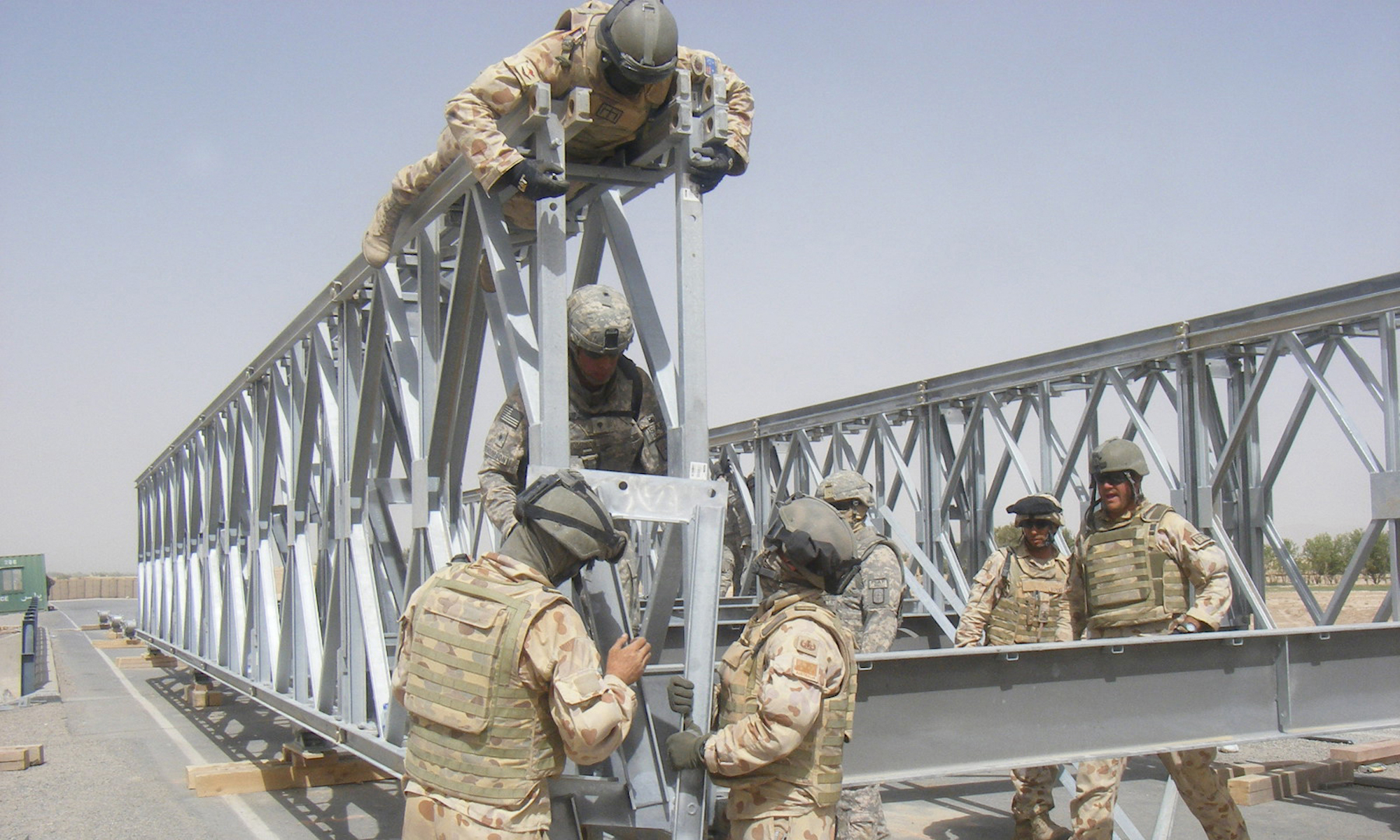Over the past two decades, people have seen considerable progress made in international conflict management, peacekeeping, and peacebuilding. The end of the Cold War has led to the obsolescence of war between major powers, and globalization has increased the interconnectedness and interdependence among people, societies, and countries. However, the longevity and large-scale nature of armed conflicts in Afghanistan, the Democratic Republic of Congo (DRC), Somalia, Chad, and Sudan with enormous humanitarian consequences are solemn reminders that international institutions and peacekeeping actions are still unable to meet global challenges with global responses. Here, Tanner addresses the perils of peace operations toward global peacekeeping system. He also cites the important progress that peacekeeping has made over the past twenty years and explores, in view of a continuous North-South divide and a resurging Westphalian bias, what such a global peacekeeping system could look like.
Conflict among Former Allies after Civil War Settlement: Sudan, Zimbabwe, Chad, and Lebanon
The interesting theoretical question about civil war in general is not why it begins (the possible reasons are surely too many to enumerate) or why it stops (all sorts of contingent explanations from simple fatigue to outside force may apply) but why it so often does not resume when it might. We need to comprehend this process of conflict transformation, whereby the conflict either becomes less important or is pursued without using mass violence. Understandably, most analyses and prescriptions for peacemakers focus on relationships between former enemies and attempts to reduce incentives for them to take up arms again. However, a recent analysis of four negotiated settlements of civil wars (Sudan in 1972, Zimbabwe in 1980, Chad in 1987, and Lebanon in 1989) reveals that in all four cases the critical conflict was actually between former allies. The compromises required in negotiated settlements, combined with the other problems of post-civil war societies, make such conflicts likely. In some cases they led to violence; in Zimbabwe and Lebanon conflict again reached the level of civil war. However, the ironic results was that the countries that had experienced the most violence subsequently produced new settlements which essentially confirmed the original ones and appear to be holding. In Sudan, interallied violence was quite low, but the result was that the government changed its policy, the first settlement was undermined, and the original civil war began again. Outsiders should not assume either that wartime cooperation will continue in peace or that `normal’ peacetime behavior will naturally appear of its own accord. Indeed, they should probably anticipate that ad hoc wartime alliances are likely to dissolve with the risk of renewed civil violence.
